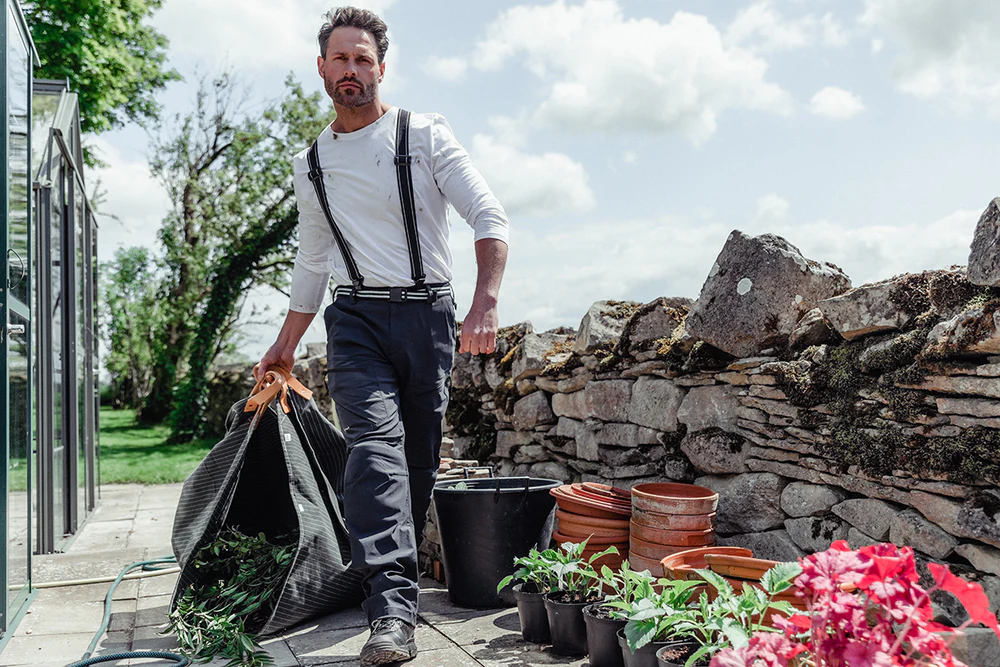Why gardening makes us happy

A recent poll of 1,500 UK adults revealed that 80% of people who garden are satisfied with their lives, compared with 67% of people who had other hobbies, and just 55% of people with no hobbies at all.
It’s clear that extracurricular interests have an impact on wellbeing, but what is it about gardening in particular that lends itself to greater levels of satisfaction than other hobbies? Lucy Hall, editor of Gardeners’ World, thinks it comes partly “from nurturing something” and that there is “a natural optimism that no matter how bad the weather, there’s always next year.” We’re inclined to agree: it’s hard to think of many other hobbies that offer the same creative escapism and stimulation of the senses.
Professor of environment and society at the University of Essex, Jules Pretty, says the latest academic research “clearly shows that engagement with green places is good for personal health”. She added: “There would be a large potential benefit to individuals, society and to the costs of the health service if all groups of people were to self-medicate more with what we at Essex call green exercise. Gardening falls into this category - it is good for both mental and physical health, and all social and age groups benefit. It provides a dose of nature.”
We’d love to know how and why gardening makes you happy. Leave us a comment to share your thoughts!











